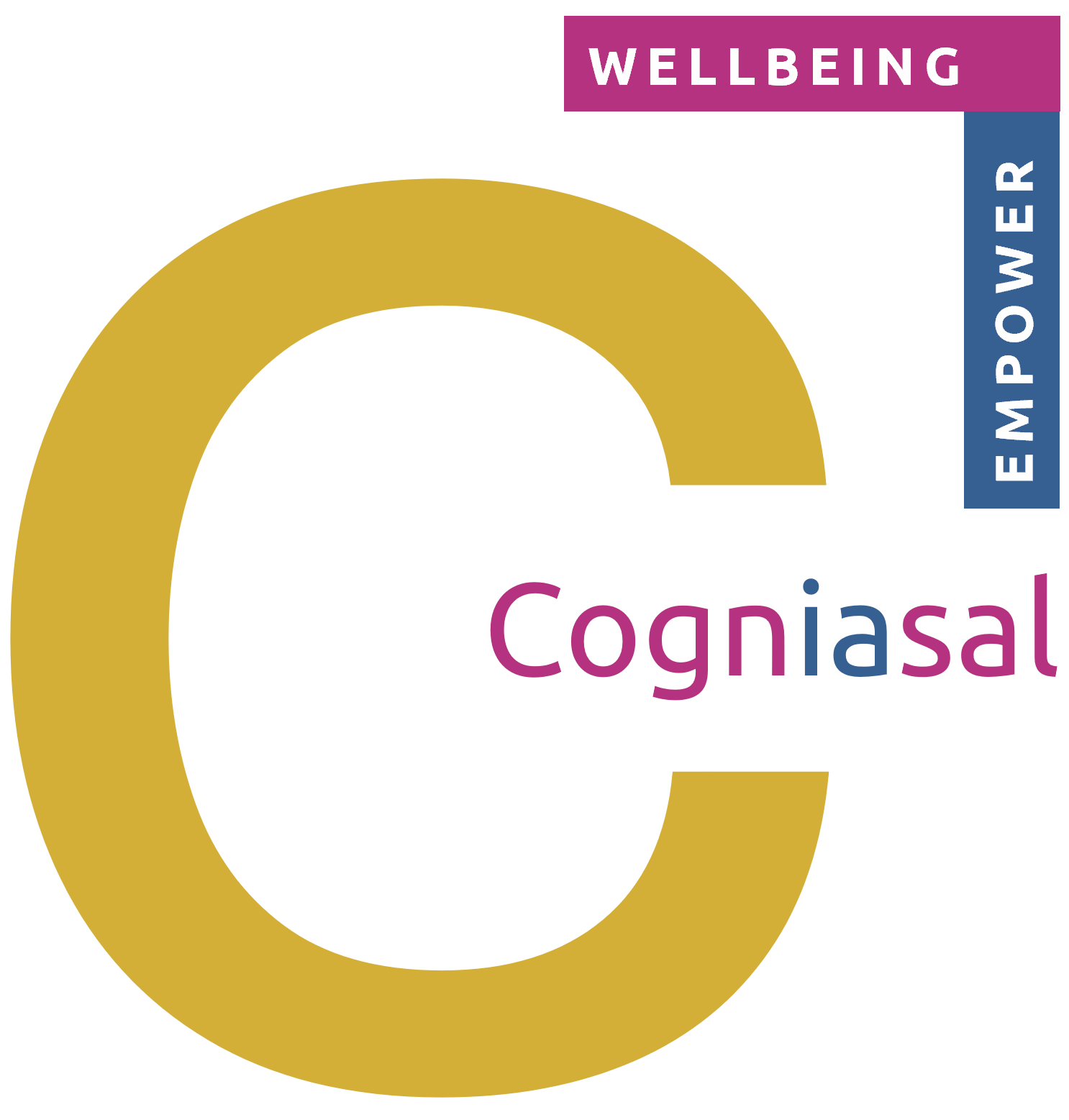The response we must build
- February 7, 2022
- Posted by: Gaurav Saxena
- Category: Articles ,

What can we, as individuals, schools, neighbourhoods, organisations and communities do, as a continuous response to this crisis and in preparation for a future that may have more such situations?
AS AN INDIVIDUAL OR A FAMILY
Reflect on our own lifestyles – What are our needs? What can we do without? Are we living sheltered, self-centred lives or are we aware of the realities that exist around us? In a financially unstable future, can we practice frugality as a way of life rather than a forced inconvenience?
Try and create a circle of consumption that is local and sustainable, as far as possible. Can we make healthier, more sustainable choices for ourselves and for the world we live in? There are enterprises which work with small farmers or artisans and need the support of regular customers. Can we also choose to buy from local producers or small entrepreneurs rather than only the big corporates?
Question the hierarchies in our own homes that we may see on the basis of gender, age, ability or relationship. Break gender stereotypical roles and raise boys and girls who are self-reliant and emotionally strong. Many educated women often fail to see the subtle patriarchal forces at work in their own lives as being educated and having a job seems to be a life of empowerment and freedom. While the freedom it brings is unquestionable, it is a situation like a lockdown that shows us that the freedom is restricted, the equation unequal and the interactions devoid of respect and dignity.
Break the silence on situations of abuse you may be aware of in your own family, home or neighbourhood. Reach out for help to systems that exist like helplines but also create family or community structures for safety consciously through asking difficult questions and setting critical boundaries.
Create a safety net for those who support your household by strengthening their financial situation with dignity. Help them start a bank account or enable a digital wallet for them. Add a monthly saving (like a PF or a gratuity) to their salary so that when they leave or are without work, there is something they can fall back on. Help them start medical insurance for their family or an educational scholarship for their children. Ensure dignity in their work by looking at a weekly off, annual leave with pay, substantial bonus during relevant festivals, annual increments and gifts on special occasions. What we expect from our employers, we owe the same to those who give us service.
As individuals, we must, in our own minds and lives, work towards erasing stereotypes, bridging divisions and building fraternity through respect for every person, of any identity, any region, any class and every need.
We must anchor ourselves in a reality that is bigger than the world and gives us the strength to cope with resilience.
AS A RESIDENTIAL NEIGHBOURHOOD
If you are part of a neighbourhood association, create the same safety net for all those who look after the safety, maintenance and cleanliness of the neighbourhood – gardeners, guards, ironing and laundry, delivery boys, sweepers, waste collectors and others. The cost of maintaining our neighbourhoods should include the cost of dignity and security for those that ensure the same.
Try to also create community structures to support those who are alone, ill or live with a disability. Even in a non-pandemic situation, there are people in our neighbourhoods who need support – physical, social or emotional. A sense of community is built not only by celebrating festivals together but also by creating community structures for support. Volunteer groups or services to reach out to those who need support will help to foster stronger community feeling that is the basis for solidarity, with everyone, especially in times of crisis.
